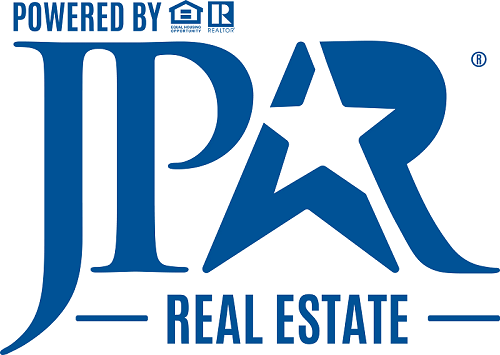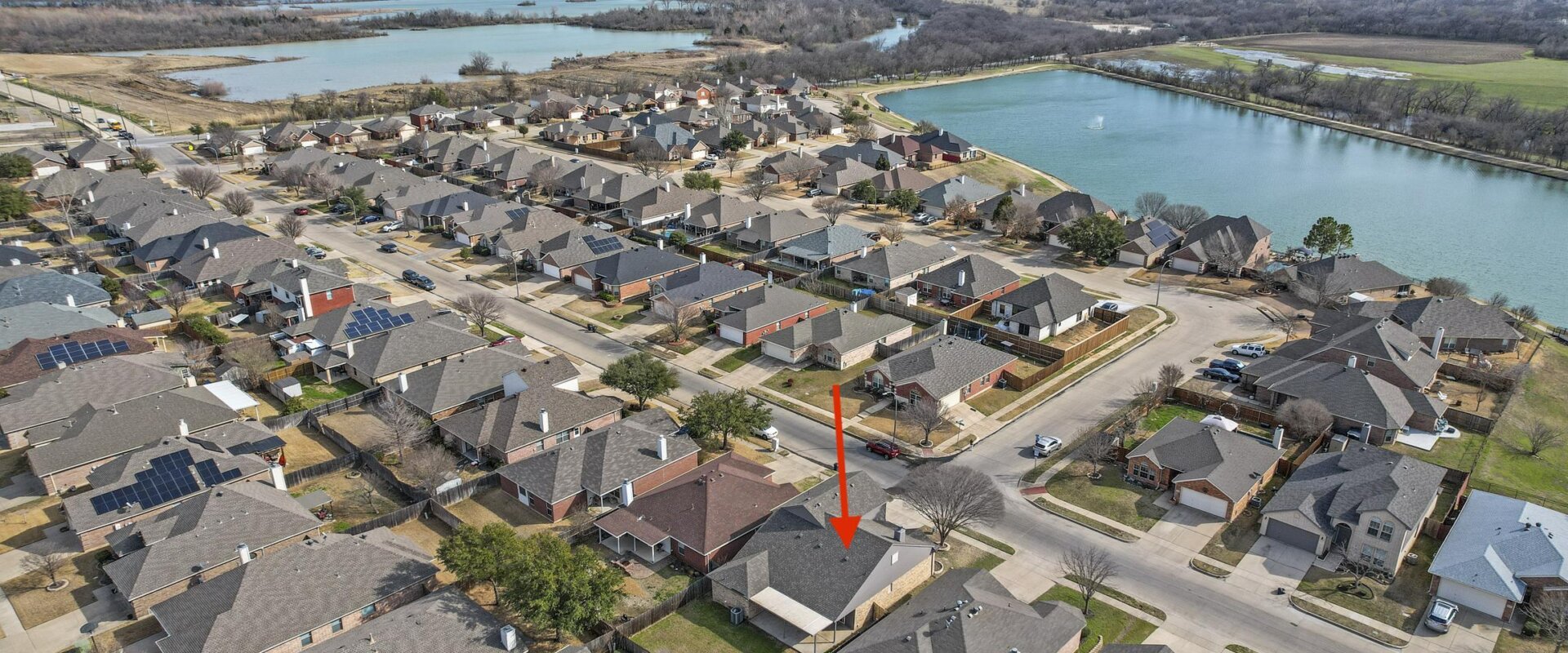How Much Does Holding A Property Cost in Fort Worth TX

Introduction
If you’re reading this blog, you likely find yourself grappling with the financial burden of holding a property in Fort Worth, TX. Whether you’re an investor, a homeowner struggling with an inherited property, or just someone considering whether to sell or hold, you’re likely trying to weigh the costs of holding onto a property. You’re probably asking: How much does it actually cost to hold my property each month? You might be concerned about ongoing expenses like taxes, maintenance, insurance, and utilities, but you’re also wondering if those costs outweigh the potential benefits of keeping the house.
You may be asking yourself, “Should I continue to hold onto my property, or is it better to sell and get rid of the stress and ongoing expenses?” You’re likely in search of answers to critical questions such as: How much will I be paying in property taxes? What are the hidden costs of holding onto a home in Fort Worth? What’s the financial impact of maintaining an empty house versus selling it? If you’re considering whether selling for cash is the right move, we’ll also delve into how this option might save you thousands of dollars in the long run.
Let’s explore the true costs of holding a property in Fort Worth, TX, and why it might be time to reconsider selling instead of holding.
How Much Does It Cost to Hold A Property in Fort Worth, TX?
Owning property in Fort Worth, TX comes with several ongoing costs that add up quickly. These costs can be a major drain on your finances if you’re not actively utilizing or renting out the property. Understanding these costs is essential when deciding whether to keep or sell your property.
Property Taxes: A Significant Annual Expense
Property taxes are often the largest annual cost for homeowners in Fort Worth. In fact, the average property tax rate in Fort Worth is approximately 2.3% of the assessed value of the property. For example, if your home is worth $250,000, you’ll pay around $5,750 annually in property taxes. This can vary depending on the neighborhood, the value of the property, and other factors, but it’s important to remember that property taxes are a recurring cost. You can find more details on Fort Worth property tax rates through the Fort Worth Tax Assessor’s website, which offers in-depth insights and tools for tax estimation.
If you’re holding onto a vacant property, those taxes will pile up year after year, often without generating any income. For those considering selling their home, it’s important to factor these taxes into the decision-making process. You could potentially save thousands in property taxes by selling your home for cash and avoiding long-term expenses like these.
Learn more about taxes and costs in Texas by visiting our page on What are Closing Costs Exactly in Texas?
Homeowners Insurance: Another Monthly Expense
Homeowners insurance is another unavoidable cost when holding a property. The average cost of homeowners insurance in Fort Worth is typically between $1,200 and $1,800 per year, depending on the coverage amount and the property’s value. If you’re not living in the house and it’s vacant, your insurance premiums may be higher due to the increased risk of vandalism, theft, or damage.
Even if the property is well-maintained, you may be paying for insurance on a house that’s sitting empty—without any return on investment. You can compare homeowners insurance rates in Fort Worth using an online insurance marketplace like Policygenius, which allows you to compare quotes from multiple providers to find the best coverage at an affordable rate.
Maintenance and Repairs: The Hidden Costs
Maintenance and repairs are significant, often overlooked, costs that can quickly add up when holding a property. On average, homeowners should budget about 1% to 2% of their property’s value annually for maintenance. For a $250,000 property, that translates to $2,500 to $5,000 per year in upkeep. This includes things like lawn care, exterior repairs, plumbing issues, or appliance replacements.
If the property is vacant, there’s the added risk of damages due to weather, leaks, or plumbing issues that you may not immediately notice. These can turn into much larger and costlier repairs if not handled quickly. These expenses could add up to substantial sums over time. A good resource to learn more about maintaining vacant properties is The American Society of Home Inspectors, which offers tips on inspection and maintenance.
Utilities: Still Paying for Water, Gas, and Electricity?
Even if you’re not living in your property, you’re likely still responsible for basic utilities. In Fort Worth, average utility bills for an empty home can range from $100 to $300 per month, depending on the size of the home and its location.
In addition to basic utilities, if the home is older or in need of major repairs, you might face additional costs for things like sewage system maintenance or pest control. These costs can quickly accumulate and be a major financial strain if you’re not actively using the property.
Considering the ongoing expenses? Selling your house for cash can free you from these burdens. If you’re ready to explore this option, visit our page on How Much Will Listing Your House Really Cost in Plano, TX? to see how selling might be your best move.
The Impact of Holding a Vacant Property in Fort Worth, TX
Owning a vacant property comes with its own set of challenges and additional costs. You may think that simply leaving the property untouched will save you money, but there are many factors to consider.
Vandalism and Theft Risks: The Cost of an Empty House
One of the biggest risks of holding a vacant property is the potential for vandalism or theft. Unfortunately, vacant properties are more likely to attract trouble. From broken windows to graffiti or even theft of appliances and copper piping, the cost of these damages can quickly surpass your expectations.
If you’re not around to monitor the property, it becomes even more vulnerable. Repairs for vandalism can easily run into the thousands of dollars, depending on the extent of the damage. If you’re not prepared to deal with these issues, selling might be a safer, financially savvy choice.
Property Value Decline: Losing Equity Over Time
Another concern when holding a vacant property is the potential for property value to decline over time. Fort Worth’s real estate market has experienced fluctuations, and property values can drop due to local economic changes, neighborhood decline, or the overall condition of the property.
While you might be holding out for the market to improve, your property could be losing value the longer you keep it. By selling for cash, you can lock in a fair offer now, rather than risking a potential loss down the road.
Is It Worth Holding a Property in Fort Worth, TX? The Final Word
Holding onto a property in Fort Worth can be expensive. From property taxes and insurance to maintenance and utilities, the costs can quickly add up. If you’re dealing with a vacant or deteriorating home, the risks of vandalism and declining property value add another layer of financial strain.
While there are benefits to holding a property, such as long-term appreciation or potential rental income, these benefits are often overshadowed by the ongoing costs and risks, especially when dealing with a house in need of repairs or when you’re facing financial difficulties.
If you’re finding the costs of holding a property in Fort Worth overwhelming, selling to Gravitas Property Group could be a much smarter and financially rewarding decision. By selling for cash to Gravitas Property Group, you avoid the hidden costs of holding a property and can free up your time, energy, and finances for more lucrative opportunities. With a fast, hassle-free cash offer, we can help you sell your property quickly and without the financial burden of maintenance, taxes, and repairs.
If you’re ready to sell your home quickly and avoid the ongoing costs of holding a property, contact us today for a no-obligation cash offer!


